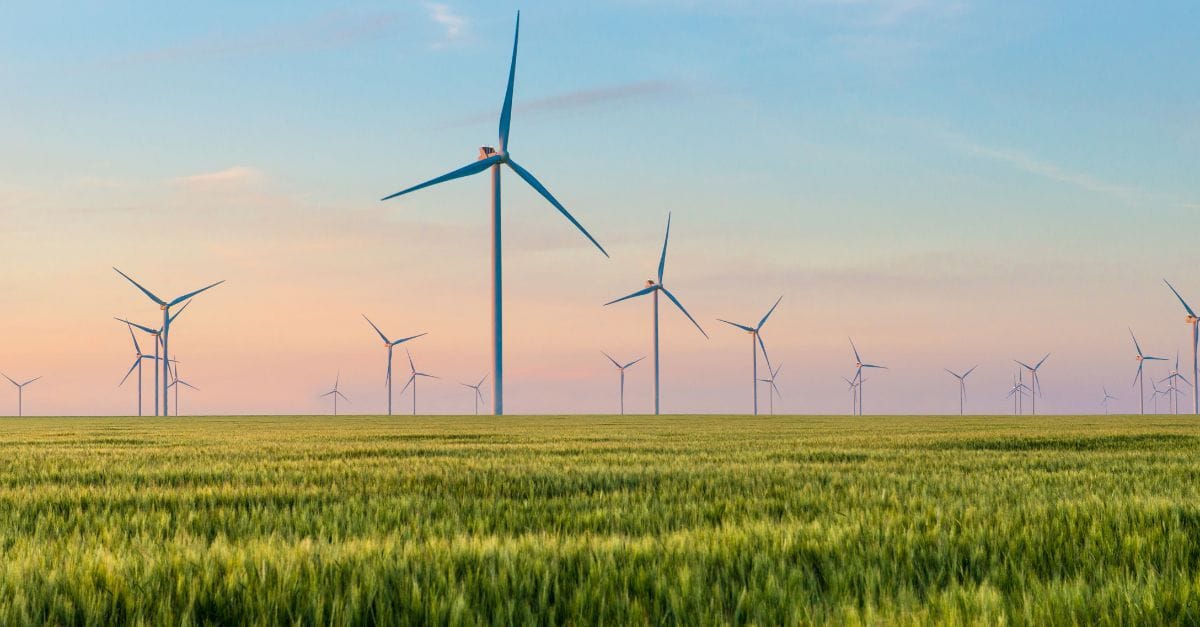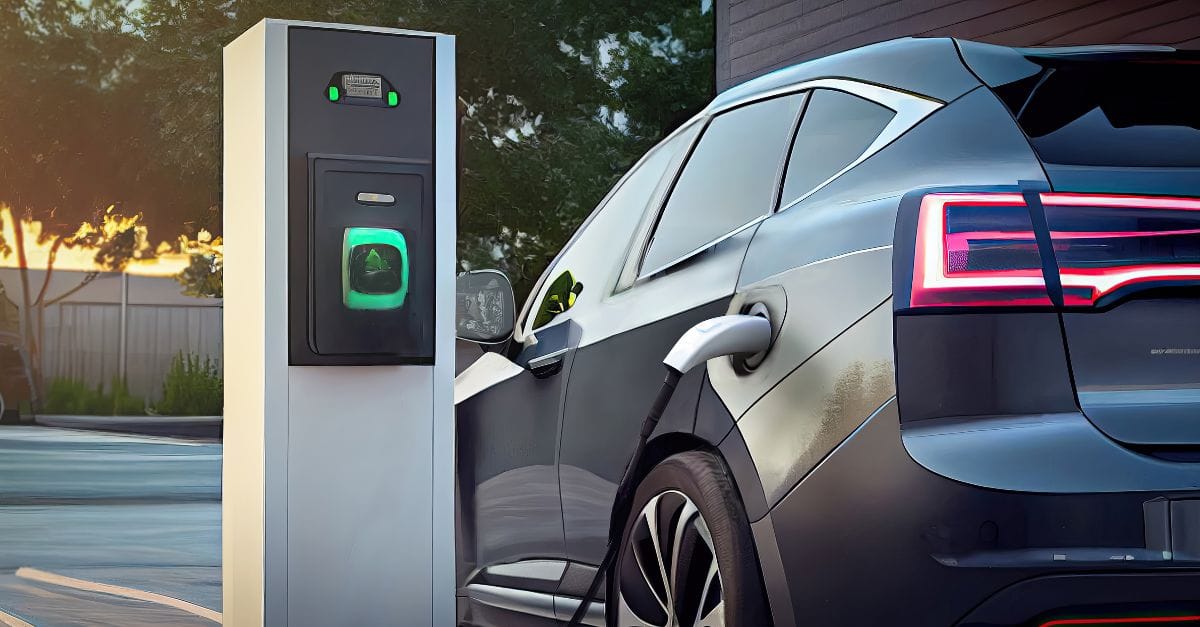Kenya Leads African Startup Funding in 2025 as Big Four Dominate
Kenya emerged as Africa’s most funded startup ecosystem in 2025, reinforcing its position at the centre of the continent’

Power utility Eskom, announced a bold step in its clean energy transition: the launch of its inaugural Renewable Energy Offtake Programme. The initiative enables large commercial and industrial users to procure up to 291MW of Solar Photovoltaic (PV) capacity through long-term Power Purchase Agreements (PPAs), directly from Eskom-owned renewable energy sites.
For a utility long associated with coal-fired generation and load shedding, this marks a significant strategic pivot, and potentially opens new doors for infrastructure investors, energy-tech startups, and clean-energy funding providers looking to engage in South Africa’s evolving energy landscape.
The programme invites large power consumers to enter into PPAs ranging from 5 to 25 years. These agreements offer greater price certainty, environmental impact transparency, and access to Eskom’s grid infrastructure for wheeling power across the network.
Power will be delivered in phases, sourced from multiple Eskom projects, with the earliest commercial operation expected by December 2027.
Service providers are invited to review the Request for Proposals (RFP) and submit proposals via the Eskom Tender Bulletin by 19 September 2025.
According to Eskom, the programme was developed after a successful Expression of Interest (EOI) process and consultations with commercial and industrial customers. The discussions revealed a strong appetite for clean-energy solutions that support Environmental, Social and Governance (ESG) targets, without requiring companies to build or own generation infrastructure.
“This is the next step in the focused execution of our strategy to integrate additional renewable energy into the grid. We are not only focused on ending loadshedding but are also pivoting Eskom into a sustainable and competitive company while ensuring security of supply through a customer-centric approach,” said Eskom Group Chief Executive, Dan Marokane.
This programme reflects a notable shift in Eskom’s role, from a vertically integrated monopoly to an enabler of clean-energy procurement driven by customer-demand.
Unlike traditional Independent Power Producer (IPP) models such as the government-run Renewable Energy Independent Power Producer Procurement Programme (REIPPPP), this initiative leverages Eskom’s own renewable energy developments to supply businesses directly.
This provides corporates with (potential) key benefits such as :
This approach mirrors global trends where power utilities become platforms for energy trading and services, rather than just centralised generators.
“This programme demonstrates Eskom’s commitment to innovation and building a cleaner, more resilient energy future. By offering customised renewable energy offtake solutions, we are enabling our customers to transition to low-carbon operations while ensuring a secure and competitive supply, through customer-centred solutions,” said Eskom Distribution Acting Group Executive, Agnes Mlambo.
The offtake programme aligns with other major moves within Eskom, including the recent establishment of a dedicated renewable energy business unit and broader plans to bring 20 GW of renewables capacity online by 2026.
This initiative also strengthens South Africa’s international climate position. Earlier this year, the country was selected as one of seven countries to participate in a $1 billion global investment initiative by the Climate Investment Funds (CIF).
Globally, major tech companies like Amazon have already pioneered the direct PPA approach. Eskom’s programme brings this model into the South African context, offering a way around regulatory constraints that may have previously stifled innovation within the sector.

While the programme is fundamentally a technical utility initiative, its design and execution present potential implications for the startup and investor ecosystem:
Long-term PPAs such as this one offer predictable, annuity-like cash flows and are attractive to institutional investors, private equity players and infrastructure funds. With Eskom positioning itself as the facilitator and generator, counterparty risk is reduced. This also presents an opportunity for blended financing or green bond opportunities as part of South Africa’s Just Energy Transition (JET) strategy.
Energy-as-a-Service (EaaS) startups offering energy aggregation, smart grid tech, demand-side management of energy procurement platforms can take advantage of this programme. As corporate customers look to simplify energy procurement while reducing carbon footprints, startups delivering integrated, tech-enabled solutions will find opportunities.
“Engaging with the private sector in this structured manner gives impetus to Eskom’s efforts to create a sustainable pathway for clean power integration into the grid,” adds Mlambo.

The success of this initiative could pave the way for an expanded Eskom-led energy ‘marketplace’, potentially including wind energy, battery storage or increased partnerships with third-party IPPs.It has the potential to be more than a procurement exercise, it could be the start of a new market architecture.
Key upcoming dates:
For investors and startup founders, Eskom’s Renewable Energy Offtake Programme offers a rare combination of:
Subscribe to Startup.Africa's Newsletter for the Latest Startup Tech Insights and Top Business Stories Delivered to your Inbox.